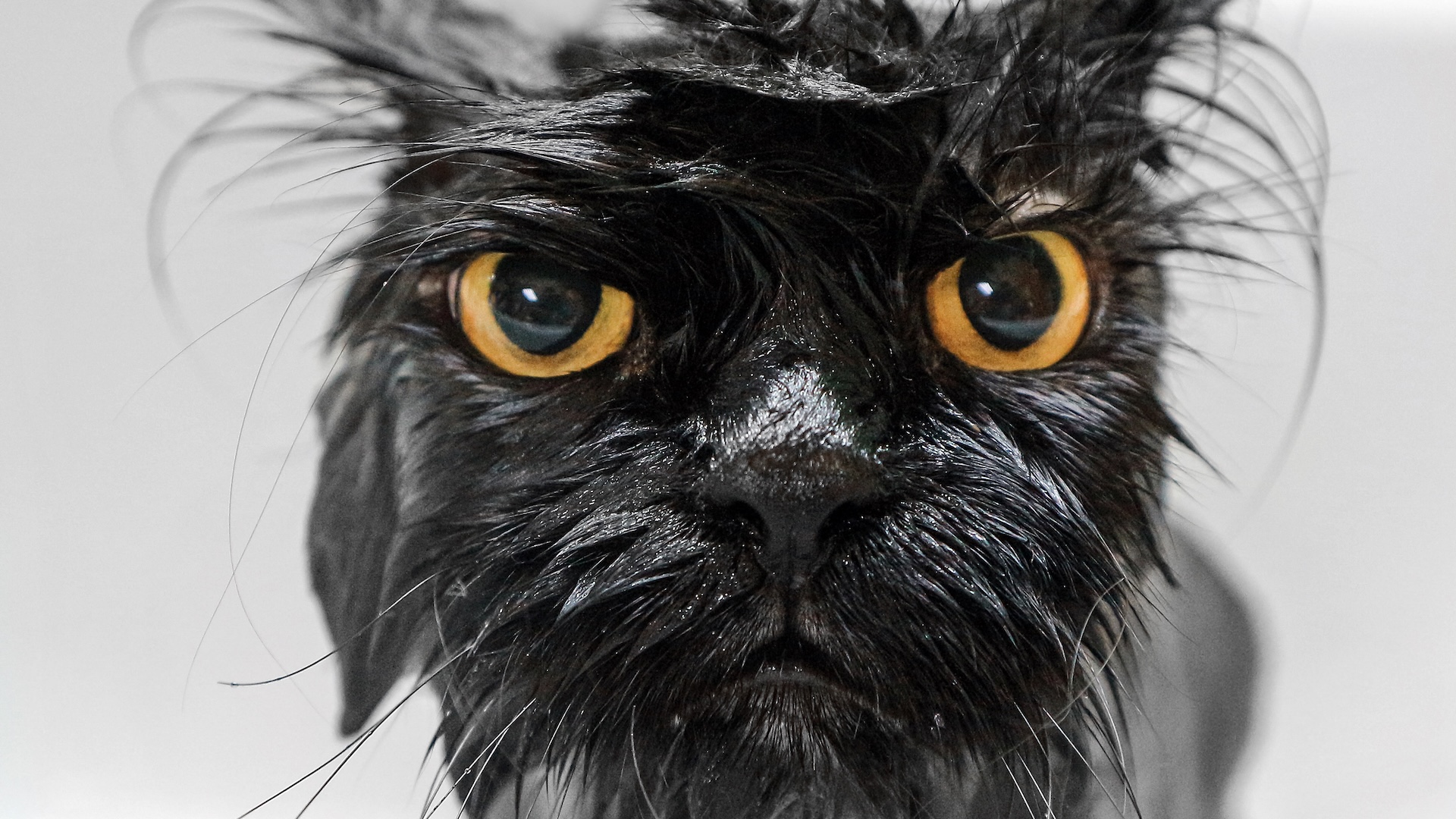Want a Date? Just Volunteer

Guys looking for dates might do well to volunteer at the Salvation Army or help people rescue lost dogs. A new study suggests that women put a high value on altruism in potential mates.
Several factors tend to top the list of desirable mate traits, including physical attractiveness, intelligence and wealth, previous research shows. The new study, which will be published in the November issue of the British Journal of Psychology, suggests another list-topper could be a person's unselfish tendencies.
"Evolutionary theory predicts competition between individuals and yet we see many examples in nature of individuals disadvantaging themselves to help others," said lead researcher Tim Phillips, of the Behavior and Ecology Research Group at the University of Nottingham in England. "In humans, particularly, we see individuals prepared to put themselves at considerable risk to help individuals they do not know for no obvious reward."
Mate choice
In three studies involving more than 1,000 individuals, Phillips and his colleagues found that women place a greater importance on altruism compared with men.
Participants in the studies answered questions about various qualities sought in a mate, including nine examples of altruistic behavior, such as "donates blood regularly," "volunteered to help out in a local hospital" and "once cared for a stray dog."
In one of the three studies, the researchers surveyed 170 couples (340 individuals), with an average age of 58, who reported being married or in a long-term relationship.
Get the world’s most fascinating discoveries delivered straight to your inbox.
Each participant rated the importance of nine altruistic behaviors in a mate as well as their own level of altruistic behavior. The preference for altruism reported by one partner was similar to the level of altruism displayed by the other partner.
The researchers say the link between partners suggests altruism may be a factor taken into account by both men and women when choosing a partner.
Selfless seduction
Rather than helping out a friend or even a stranger in exchange for personal gain, altruistic behaviors could be a way to woo a mate, Phillips said. The results suggest the workings of sexual selection, in which traits that are most successful at helping an individual snag a mate become more common in a population.
"For many years the standard explanation for altruistic behavior toward non-relatives has been based on reciprocity and reputation — a version of 'you scratch my back and I'll scratch yours,'" Phillips said.
He added the lure of helpful mates could be traced back to our ancestors. "The expansion of the human brain would have greatly increased the cost of raising children so it would have been important for our ancestors to choose mates both willing and able to be good, long-term parents," Phillips said.
In fact, past studies have revealed such selfless behaviors in our closest common ancestor, chimpanzees. And in humans, research has shown that doing good makes you feel good and is linked with happier marriages.
In addition to sexual selection, social norms could also play a role. For instance, while women tend to be seen as nurturing and caring, men are often considered chivalrous and helpful, and so displaying helpful, or altruistic, behaviors. In addition, the researchers say that social norms tend to paint females as somewhat powerless with limited access to resources in society (at least historically). In this stereotyped environment, women would prefer a mate who is willing to unselfishly share power and resources.
Jeanna Bryner is managing editor of Scientific American. Previously she was editor in chief of Live Science and, prior to that, an editor at Scholastic's Science World magazine. Bryner has an English degree from Salisbury University, a master's degree in biogeochemistry and environmental sciences from the University of Maryland and a graduate science journalism degree from New York University. She has worked as a biologist in Florida, where she monitored wetlands and did field surveys for endangered species, including the gorgeous Florida Scrub Jay. She also received an ocean sciences journalism fellowship from the Woods Hole Oceanographic Institution. She is a firm believer that science is for everyone and that just about everything can be viewed through the lens of science.
